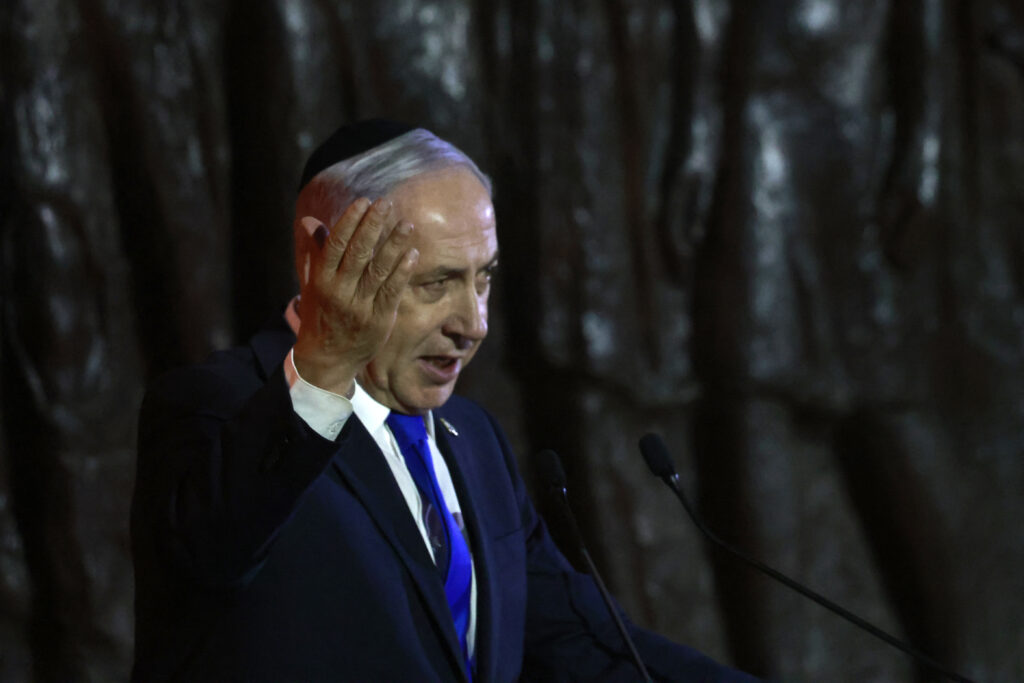Israel’s Shifting Role in Middle East Diplomacy: Challenges and Changing Alliances

Israel’s position in Middle East diplomacy is being redefined by rapid changes in both U.S. policy and regional alliances. As world powers shift their strategies, Israel faces new challenges to its influence and security guarantees. This article explores how recent developments, especially involving the United States and Gulf nations, are shaping Israel's future in the region.
Israel and the United States: A Complex Partnership
For decades, Israel has relied on a strong alliance with the United States for security, defense aid, and global backing. However, recent moves by the U.S. administration have signaled a shift. During President Donald Trump’s renewed tenure, the White House embarked on what was described as a "historic return to the Middle East," yet controversially left Israel off the official itinerary. These developments have caused concern in Israeli leadership circles, with many wondering what future U.S. foreign policy will mean for Israel's security and diplomatic leverage.
Recent reports highlight growing friction between Washington and Jerusalem. Despite Israeli Prime Minister Benjamin Netanyahu’s vocal support of the Trump administration, major diplomatic decisions—such as ceasefires in regional conflicts and nuclear negotiations with Iran—have often progressed without direct coordination with Israel. These changes raise questions about Israel's ability to shape outcomes crucial to its own interests. For a comprehensive analysis on this topic, readers can explore CNN’s coverage of Trump’s Middle East diplomacy and Israel’s evolving role.
Gulf States Take Center Stage
U.S. diplomatic priorities in the Middle East are also changing. The focus has increasingly shifted toward mega deals, economic investments, and stabilization efforts with Saudi Arabia, Qatar, and the United Arab Emirates. These nations, equipped with vast sovereign wealth funds, are emerging as key players and preferred U.S. partners.
This shift presents profound challenges for Israel. The Gulf states now emphasize ending the war in Gaza, making it a prerequisite for broader economic engagement and possible normalization of relations. Saudi leaders, in particular, insist on tangible diplomatic progress before fully opening up to Israel. The prioritization of Gulf interests means Israel is no longer at the center of every key Middle East negotiation, and decisions critical to Israeli security are sometimes made without its input.
For insight into how the Gulf tour strategy affects Israel's leverage and options, see POLITICO’s commentary on the implications of Trump’s Gulf visits for Israel.
Challenges for Israeli Leadership
The pivot toward Gulf partnerships and nuclear deals places Israeli leadership in a complex position. Netanyahu has prided himself on maintaining strong ties with U.S. presidents, but shifting priorities mean he may have little leverage over current events. As deals are struck behind closed doors and public statements from the Trump administration call for a Gaza ceasefire, Israel's government must adapt to maintain its influence.
The friction is evident not just diplomatically but also in public discourse. Israeli media and thought leaders question whether their country can remain an essential partner in rapidly evolving regional dynamics. Internal debates reflect anxieties over being sidelined or compelled to make uncomfortable policy concessions.
Conclusion: Israel’s Path Forward
Israel’s reliability as a U.S. partner remains strong, yet it can no longer assume that every American policy will align with its own national interests. The country faces unprecedented diplomatic tests as Gulf states flex their muscles and global priorities change.
Israeli leaders must now diversify partnerships and adopt a more adaptable approach to secure their interests. Understanding these challenges and preparing to navigate a new era of diplomacy is crucial for Israel’s future stability.
To stay informed on the latest shifts in Middle East diplomacy and Israel’s role, follow reputable news sources like CNN and POLITICO.